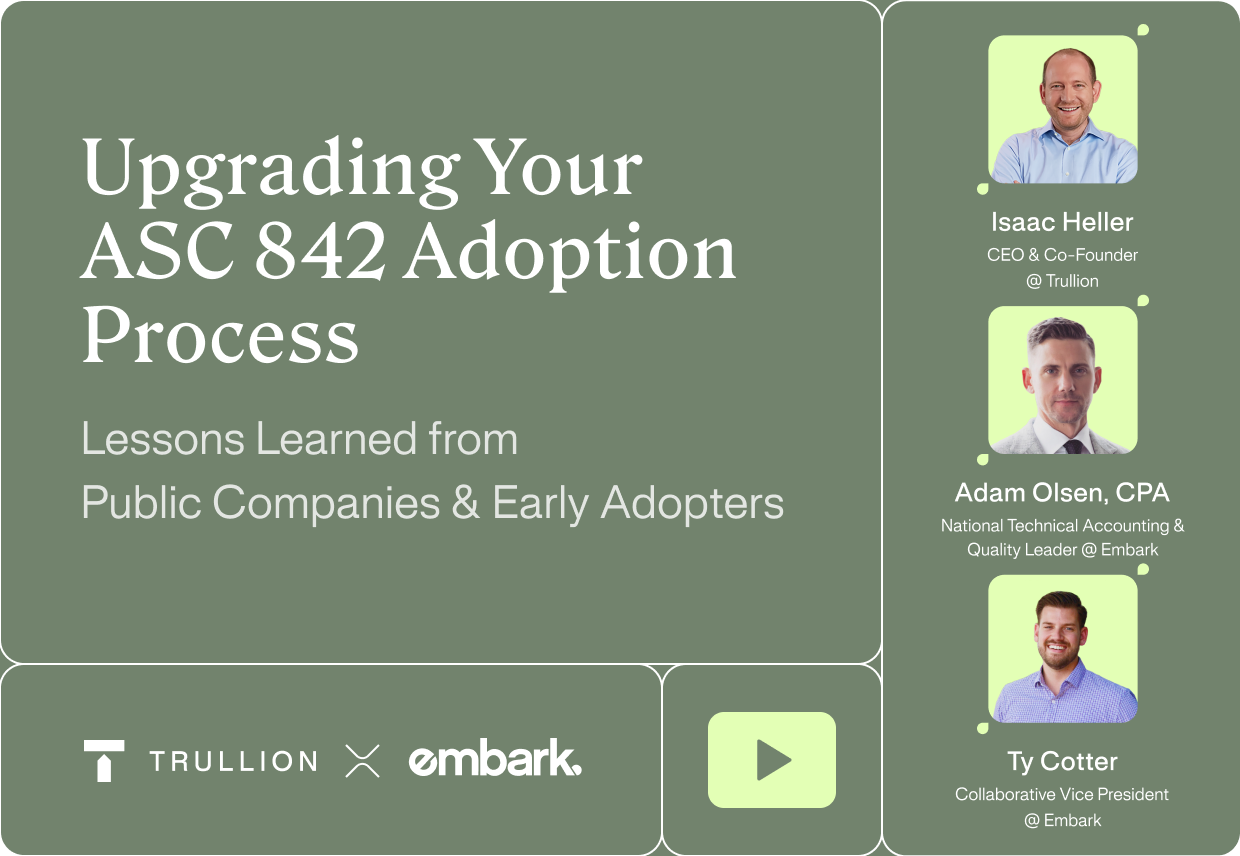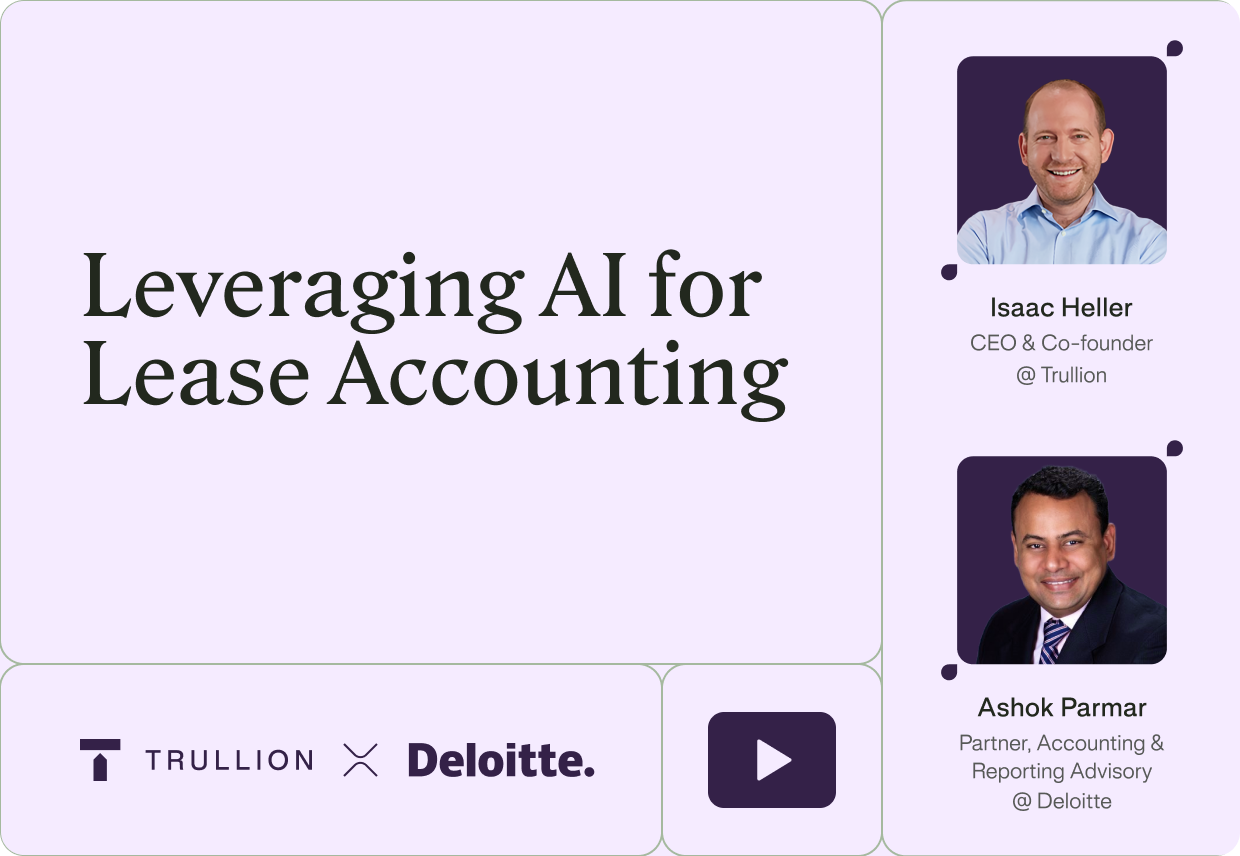AI is powerful. In many cases, AI is more powerful than human beings – from beating human champions in everything from chess to poker, to detecting diseases better than doctors can.
It’s no wonder then that the potential of AI in accounting is so exciting.
Like any new technology, there will be those who embrace the power of AI in accounting, and those who shun it. And there is no doubt that while there are numerous benefits for accountants, there are challenges ahead too.
What is perfectly clear to all, is that just like almost every other industry, AI is set to radically impact the accounting profession – in ways we may not even be able to imagine.
Understanding AI in Accounting
AI in accounting is the application of artificial intelligence (AI) – a branch of computer science that focuses on creating machines capable of performing tasks that typically require human intelligence – in the field of accounting. Specifically, AI can be used to automate various processes, analyze financial data, and provide insights for decision-making.
AI in accounting can be used in several ways, including:
Automated data entry: AI can automate the process of data entry by using optical character recognition (OCR) to extract relevant information from documents such as leases, invoices, contracts, receipts, and so on.
Anomaly detection: AI algorithms can analyze large amounts of data to identify patterns and anomalies that may indicate irregular activity or even malfeasance.
Forecasting and predictive analytics: AI can analyze historical financial data and external factors to generate accurate forecasts and predictions.
Audit automation: The auditing process can be streamlined by AI including by automating tasks such as data sampling, risk assessment, transactional validation, test of details event matching, and anomaly detection.
Tax compliance and planning: AI can assist in tax-related activities by staying up-to-date with changing tax regulations, identifying potential tax-saving opportunities, and ensuring compliance with local and international regulatory procedures and tax laws.
With AI in accounting being rolled out at an ever-increasing pace, the benefits of AI adoption are becoming clearer.
The benefits of AI adoption in the industry
Artificial intelligence in accounting has many benefits. Some of these are:
Increased efficiency and accuracy: This is especially relevant when it comes to the automation of repetitive and time-consuming tasks, such as data entry and transaction processing. This improved efficiency allows accountants to focus on more strategic and value-adding activities.
Enhanced data analysis and reporting: AI enables sophisticated data analysis by processing large volumes of financial data and identifying patterns, trends, and anomalies that may not be easily detectable by humans.
Cost savings: By automating routine tasks and streamlining processes, AI can generate significant cost savings for businesses. Besides reducing the need for additional manual labor as data volumes increase, it minimizes the potential for errors and rework, ultimately reducing operational costs associated with accounting functions.
Real-time financial insights: AI can process financial data in real time, allowing businesses to access up-to-date information and insights. This enables timely decision-making, facilitates proactive financial management, and provides the ability to respond quickly to changing market conditions or business needs.
Improved compliance and risk management: Accounting standards, tax regulations, and financial reporting requirements are constantly changing. By automating compliance checks, AI can detect errors, inconsistencies, or potential risks, reducing the likelihood of non-compliance and mitigating financial and reputational risks for businesses.
These benefits highlight how adopting AI in accounting can transform traditional accounting practices, improve efficiency, and provide valuable insights for better decision-making and financial management.
Many people are still unsure about how exactly AI is to be implemented in accounting. What follows are use cases, tools, and technologies that integrate AI into the accounting workflow.
AI Tools and Technologies in Accounting
To properly explore the AI-powered tools and technologies that are available for accountants – specifically AI accounting software – we’ll look at three main areas: machine learning algorithms for financial analysis, natural language processing in financial reporting, and robotic process automation for automated accounting tasks.
Machine Learning Algorithms for Financial Analysis
Machine learning algorithms play a crucial role in financial analysis by extracting insights from huge amounts of financial data, and offering more accurate predictions. These algorithms can identify patterns, trends, and relationships within the data, enabling accountants to gain deeper insights into market trends, investment opportunities, risk assessment, and portfolio management.
Machine learning can enhance the speed, precision, and objectivity of financial analysis, empowering accountants to make more informed and strategic financial decisions.
Natural Language Processing in Financial Reporting
Natural Language Processing (NLP) has revolutionized financial reporting by enabling the extraction of valuable insights from unstructured textual data.
With NLP, financial reports, news articles, earnings transcripts, and regulatory filings can be automatically analyzed and processed, extracting key information such as company performance, market sentiment, and emerging trends. It can also be used to extract key information from contracts for the purposes of lease accounting or revenue recognition, for example.
Robotic Process Automation for Automated Accounting Tasks
Robotic Process Automation (RPA) has brought about a massive change when it comes to automated accounting tasks. RPA technology enables the creation of software robots or “bots” that mimic human actions, allowing them to perform rule-based, repetitive accounting tasks with speed and precision.
These bots can handle processes like data entry, invoice processing, reconciliations, and financial statement preparation. By automating these mundane tasks, RPA reduces the likelihood of errors and frees up human accountants to focus on more high-impact and creative activities.
Challenges and Considerations in Implementing AI in Accounting
While AI in accounting clearly presents a number of benefits, there are definitely challenges to overcome when it comes to implementing AI-powered solutions. For example:
Data security and privacy concerns: Implementing AI in accounting involves dealing with sensitive financial data. Protecting this data from unauthorized access, breaches, and cyber threats becomes a critical challenge. Organizations must implement robust data security measures, such as encryption, access controls, and secure storage, to safeguard financial information and comply with relevant data protection regulations like GDPR and CCPA.
Ethical considerations: AI systems make decisions based on algorithms and patterns learned from data. Ensuring the ethical use of AI in accounting requires careful consideration of potential biases, fairness, and transparency. Organizations need to address concerns related to AI-driven decisions that may impact stakeholders – such as loan approvals, credit scoring, and resource allocation – to ensure that the decision-making process is fair, unbiased, and accountable.
Skills and knowledge gap in the workforce: There is often a gap in the availability of professionals with expertise in both accounting and AI. Upskilling and reskilling efforts are necessary to bridge this gap and ensure that accountants and finance professionals are equipped with the skills to leverage AI tools to their potential.
Integration with existing systems: Integrating AI into existing accounting systems and workflows can be a complex challenge. Legacy systems may not be designed to seamlessly integrate with AI technologies, requiring significant effort to ensure compatibility, data synchronization, and smooth collaboration between AI systems and existing software. This is why having a solution that seamlessly integrates with ERPs and other solutions is so critical.
Adoption resistance and change management: Introducing AI in accounting may generate resistance from employees, who fear job displacement or feel skeptical about relying on machine-based decisions.
Addressing these challenges requires a holistic approach, combining technological solutions, governance frameworks, ethical guidelines, and ongoing training and development initiatives to ensure the responsible and effective implementation of AI in accounting practices.
Future Trends and Opportunities in AI Accounting
As we noted right at the outset, there are still so many ways that AI can impact accounting in the future. Just two examples of this are the integration of AI and blockchain technology and progress in AI-enabled auditing and compliance.
Blockchain Technology and AI Integration
The integration of blockchain and AI has the potential to significantly transform the future of accounting. Here are a few ways in which this integration can impact the field:
Enhanced data integrity and trust: AI algorithms can validate and verify transactions recorded on the blockchain, ensuring data integrity and increasing trust in financial reporting.
Streamlined auditing and compliance: With blockchain’s tamper-proof nature and AI’s ability to analyze vast amounts of data, auditors can more efficiently verify financial records and detect anomalies or fraudulent activities.
Smart contracts and automation: Smart contracts automatically execute predefined terms and conditions when specific criteria are met. AI algorithms can analyze and interpret these contracts, ensuring compliance and accuracy in financial transactions, such as invoice processing, payment settlements, and supply chain management.
Real-time assessment: Integrating blockchain and AI can enable real-time access to financial data. Transactions recorded on the blockchain can be instantly analyzed by AI algorithms, providing real-time insights into financial performance, cash flow, and risk assessment.
Advancements in AI-Enabled Auditing and Compliance
In the future of accounting, several advancements are expected in AI-enabled auditing and compliance, many of which incorporate use cases from the previous section. Key developments include:
- automated risk assessment
- intelligent data analytics
- real-time monitoring and continuous auditing
- fraud detection and prevention
- advanced visualization and reporting
- compliance automation
- enhanced audit trail and traceability
When it comes to auditing and compliance, AI has a huge role to play in ensuring compliance, and successful and efficient audits.
How Trullion Can Help
Trullion is an AI-powered platform that’s purpose-built for modern accounting professionals. It automates manual work for accounting teams, from “reading” leases and extracting key information, to automating journal entries and always-compliant disclosure requirements.
Trullion was among the first solution providers in the world to identify the impact that AI in accounting would have. As such, it has gained the leading market position when it comes to robust, AI-powered solutions for accounting professionals.
Thanks to AI, Trullion users dramatically cut risk, significantly reduce the amount of manual work required – often by weeks or more – to ensure accuracy and compliance and enable seamless communication with external stakeholders such as auditors and consultants.
For companies that understand the power of AI in accounting, and want to start implementing this immediately to streamline their own operations while getting ahead of competitors, Trullion is the perfect solution. It’s already used by leading organizations worldwide, as well as Big Four audit firms and consultants.
Trullion as used by leading global companies
A great example of Trullion’s AI-powered platform being successfully used is with HMD Global Oy (“HMD”), Nokia mobile phones’ new home. The company is headquartered in Finland and has over fifty locations worldwide.
With office leases in almost 30 countries, HMD had multiple lease-related accounting challenges.
The organization turned to Trullion to handle its complex lease accounting needs, and the results were phenomenal.
Ville Räsänen, HMD Global’s Senior Finance Manager, noted that “Without Trullion we would have spent at least 2X as much time on Lease Accounting.”
HMD was delighted with their solution that plugged into their ERP system without heavy lifting from IT, which improved accuracy, cut time and cost, and streamlined compliance.
AI is great for accounting – and accountants
We’ve looked at the power AI in accounting has to change the profession, and make accountants better at what they do.
Specifically, we’ve learned about the benefits of AI adoption, the tools and technologies that can be implemented, challenges AI adoption faces, future trends and opportunities for the technology, and how Trullion is the perfect first step for accounting teams wanting to benefit from the magic that AI in accounting offers.
To learn more and see how Trullion could look for your team, set up a call with a product expert today.







